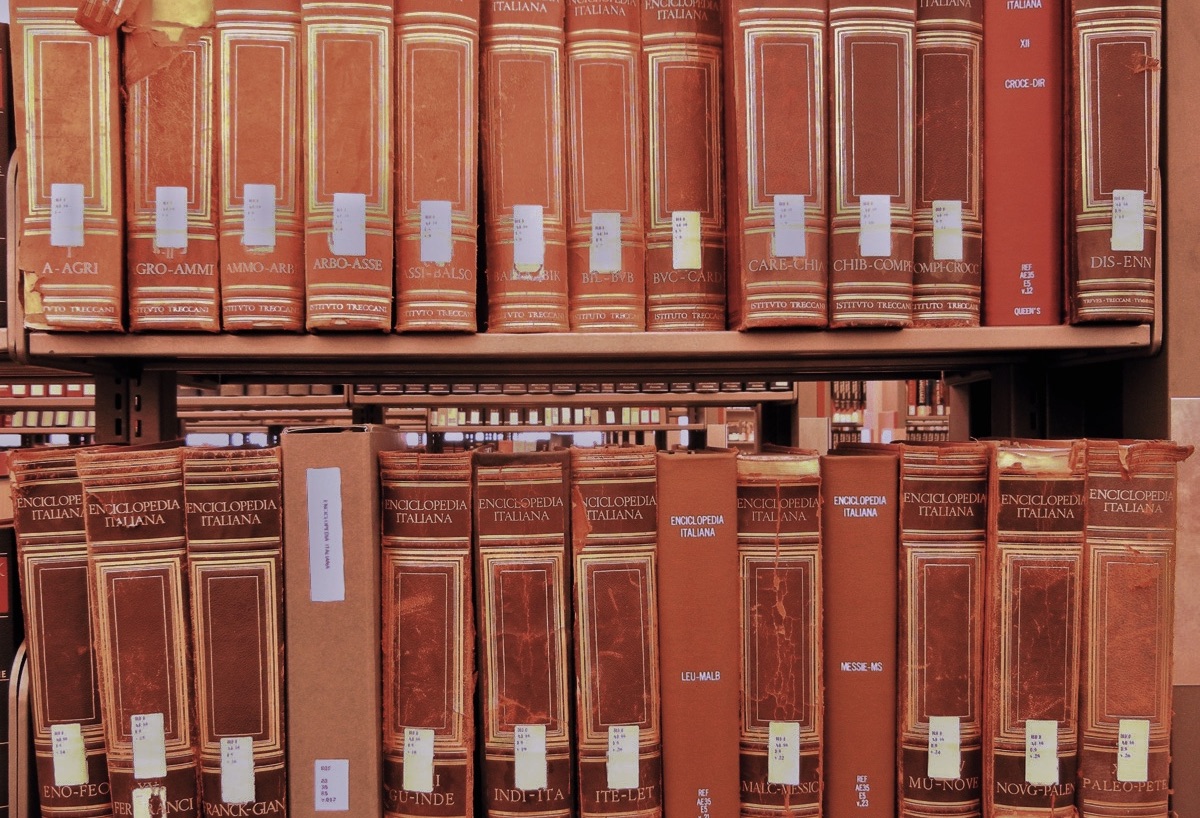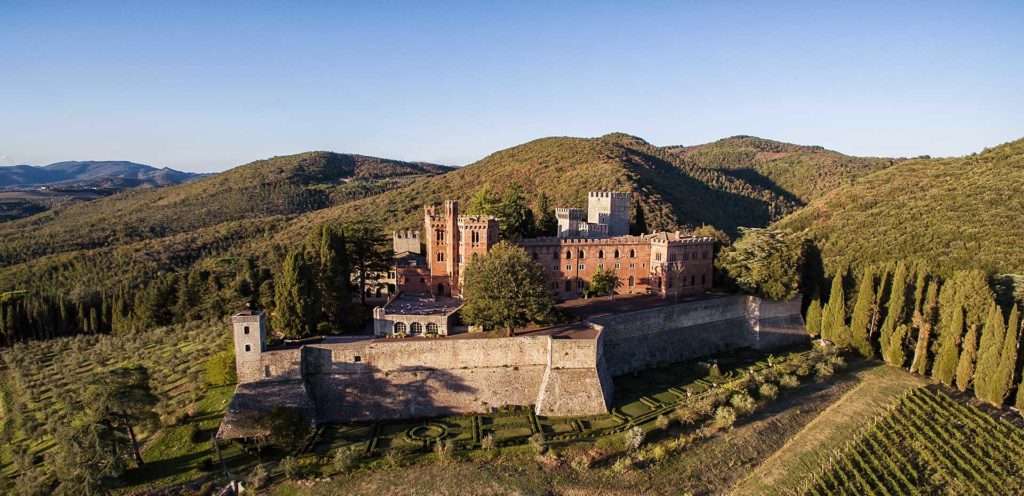

The Meaning of Brolio
19 March, 2020Visitors frequently ask what “Brolio” means. Interestingly, that same question was asked in a quiz with prizes on the Rai channels several evenings ago. This combination of events led us to write about it here in our magazine.
In the quiz, Brolio Castle was mentioned during the explanation that was provided. That led us to look for ourselves, and those same words heard in the broadcast were taken from the Treccani Dictionary of the Italian language, which states:

bròlo (and bròilo) n. m. [Mediev. Lat. broilus (or broilum) and brolium, later, brogĭlus, of Celtic origin]. – 1. Word once common throughout northern Italy as well as in Tuscany, meaning vegetable garden, orchard, generally enclosed with a wall or hedge: brolo, in the Lombard dialect, is a vegetable garden (Buti); today limited to the Padua-Veneta dialects (cf. Veneta brolo, orchard near the house). Still found in various toponyms: Brolo in the Nonio municipality (Novara), Broglio in the Cossato (Vercelli) municipality, Brolio Castle in the Chianti area, Brolio in the Castiglion Fiorentino municipality, Brollo in the Figline Valdarno municipality, etc. 2. archaic, figurative, poetic: Crown, garland: yet they wore no garland [brolo] of lilies round about their heads (Dante); The beauty of flowers made a garland [brolo] around their hair (Poliziano).
We have good reasons to believe that everyone has heard of Treccani, and if not, we assure you that it has an honored history of great prestige. The Institute of the Italian Encyclopedia was born in Rome on February 18, 1925 as the Giovanni Treccani Institute for the publication of the Italian Encyclopedia and Biographical Dictionary, by initiative of two men: Giovanni Treccani of the Alfieri (1877-1961), textile industrialist and senator of the Italian Kingdom, who was president of the Institute until 1933, and the philosopher Giovanni Gentile (1875-1944).
It is wonderful to be mentioned in such an authoritative source: from now on, when visitors ask us the question, we can refer them to the Encyclopedia Treccani with a smile and also, why not, a touch of pride.







